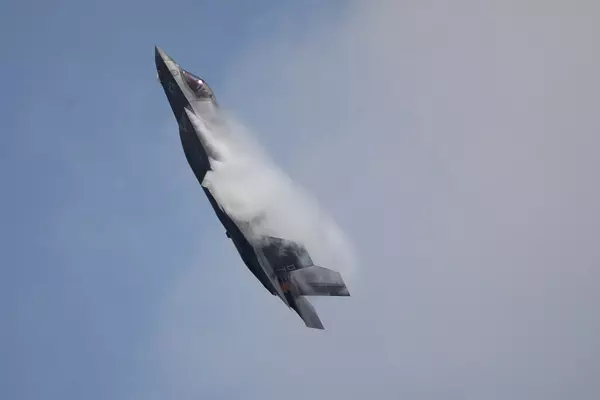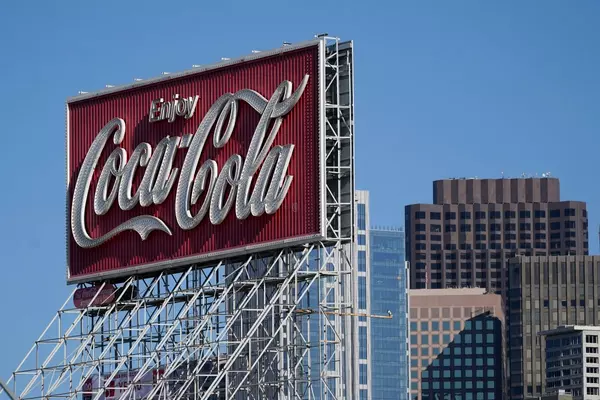
Origin Energy’s announcement it is bringing forward the closure of its Eraring coal-fired power station in the Hunter Valley — Australia’s largest power plant — shows how rapidly renewable energy is making coal-fired power an expensive irrelevance, and that climate politics will be an immediate issue for the Hunter Valley in the coming election.
Originally scheduled to close in 2032, Eraring — which is supplied by several local coal mines — may now shutter in 2025, Origin announced in its half-year results presentation this morning. Its coal-fired power is now too expensive in the face of low-cost renewables — especially with thermal coal prices enjoying a price spike as a result of Northern Hemisphere political tensions and the Chinese government’s struggle to maintain heating fuel supplies over winter.
“Eraring has been impacted by operational constraints at one of its primary suppliers,” Origin said, “contributing to a material increase in both coal and wholesale electricity procurement costs.”
That’s a reference to the impact of the soaring price of coal because of a power crisis in China and Europe last year, and now Russia’s antics against Ukraine. Among its other advantages, renewable energy isn’t affected by geopolitical tensions outside the control of Australia.
The decision reflects the downside of high prices for thermal coal being enjoyed by Australian miners, which make already uncompetitive coal-fired power unviable, with the economics of renewables versus coal only likely to tilt further toward the former.
There are potentially significant political consequences as well: Eraring is within the seat of Hunter, being vacated by the ALP’s Joel Fitzgibbon at the coming election after a near-miss result in 2016, and the plant’s closure is now likely to occur before or during the 2025 election.
The Coalition has tried to wedge Labor in the seat by funding a gas-fired plant at Kurri Kurri, 40km inland from Eraring, which Labor eventually backed with the add-on of a commitment to switch the plant to hydrogen.
Ironically, the Kurri Kurri plant will meet the same fate as Eraring: its gas-fired power will be far too expensive to be commercially viable — especially at current LNG prices — and it is expected to rarely operate.
Origin’s decision comes after AGL announced last week it was bringing forward to 2033 the closure of its Bayswater coal-fired plant — also in the electorate — as well as bringing forward the closure of the Loy Yang A plant in Victoria to 2045.
In both cases, the decisions are driven not by a commitment to decarbonisation — despite the claims of AGL — but by the grim reality that coal-fired power is now unviable even from existing power plants, where the only costs relate to maintenance, let alone from new coal-fired power plants urged by Nationals MPs.
For Hunter Valley workers, however, the issues are much more about jobs, and now much more immediate than any net zero target.







